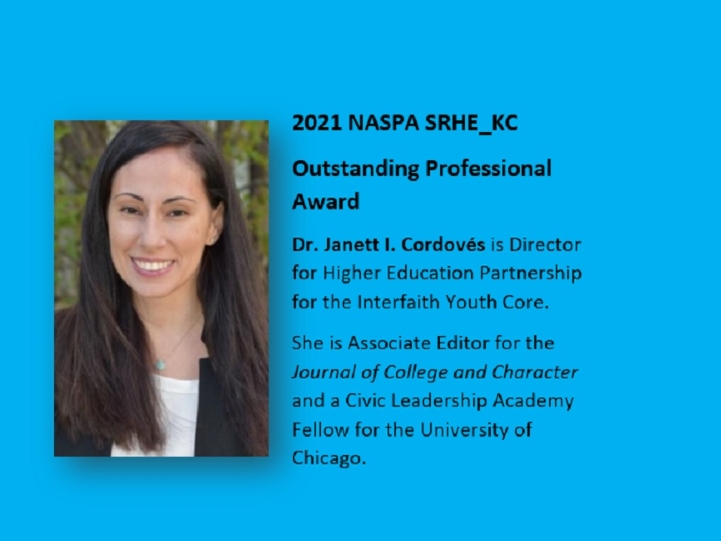JCC Connexions, Vol. 7, No. 2
May 1, 2021
May 2021, Vol. 7, No. 2
Why Aren't More Women Advancing to the Most Senior Leadership Roles in Society? Critical Conversations #25
Karen A. Longman,
We know that the leadership aspirations and advancement of women are hindered due to more than two dozen kinds of barriers, operating at three different levels (macro, meso, and micro). We’re only beginning to learn the importance of looking at leadership development through multiple sets of lenses regarding motivators and expectations, including generational differences and the impact of intersectionality. Applying this new learning is key if we want to strategically target leadership development programming in ways that resonate with the lived realities of a wider array of prospective leaders. Read More.
Five Questions Relating to Moral Development: JCC, May 2021
Pamela C. Crosby, Co-Editor, Journal of College and Character
Here are some important questions that relate to moral development that are in articles in the May 2021 issue (vol. 22, no. 2) of the Journal of College and Character. Read more.
New Spaces & Roles for Student Affairs Educators
The Quest for Justice: Forging Alliances to Promote Change
Michael J. Stebleton, University of Minnesota – Twin Cities
Hannah Oliha-Donaldson, University of Kansas
Recently I had the opportunity to interview my colleague and friend, Dr. Hannah Oliha-Donaldson. Dr. Oliha-Donaldson is a faculty member of communication studies at the University of Kansas. Her scholarly work focuses on organizational communication, intercultural communication, and diversity and equity issues in higher education. We met over 16 years ago when we were both employed at Inver Hills Community College, located in the Twin Cities area. It was at that time that we started our ongoing conversations about diversity, equity, and inclusion around strategies to support students.. Read more.
Critical Religious Studies in Higher Education
What Critical Frameworks Mean for How We Collect Religious, Secular, and/or Spiritual Identity Data
Sachi Edwards, Soka University
While our critical scholarly discourse is becoming more visible, its visibility has not yet led to meaningful change in research, policy, and practice norms. In this column, I will address one small (but important!) example of the kind of change I hope to see in higher education religious, secular, and/or spiritual identity (RSSI) research: asking about religio-cultural background and socialization when collecting data on RSSIs. Read more.
Engaging Civic Religious Pluralism
A Fly on the Virtual Wall: Cultivating the Skill of Listening
Becca Hartman-Pickerill, Interfaith Youth Core
I am eager to share a highlights reel from Interfaith Youth Core’s (IFYC) monthly "Public Conversation Series: Centering Racial Equity in Building Interfaith America." The goal of this series has been to elevate the voices of practitioners, scholars, activists, artists, and civic leaders at the intersection of racial equity and interfaith cooperation. Each month is focused on a different topic, from the future of chaplaincy and equity in governance to anti-racism work within immigrant religious communities. Read more.
Fostering Moral Development
What Have We Learned From COVID-19?
Alan Acosta, Clark University
Recently, the institution at which I work announced plans to resume campus operations for the Fall 2021 semester in a manner that resembles fall semesters prior to COVID-19. While there are lots of details still to be worked out, the announcement was met with cautious optimism, as many in the campus community are ready to put COVID-19 behind them and conceptualize what a life post-COVID-19 might look like. Read more.
Congratulations, Janett!
We want to congratulate our esteemed associate editor, Janett Cordovés for winning the 2021 NASPA SRHE_KC Outstanding Professional Award.
